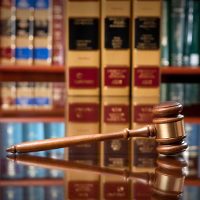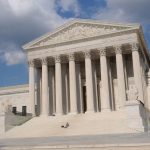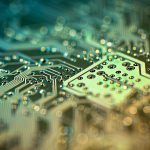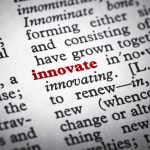The following post comes from Wade Cribbs, a 2L at Scalia Law and a Research Assistant at CPIP.
 By Wade Cribbs
By Wade Cribbs
Questions about how Chinese patent protection operates in the international patent landscape are relevant to both companies doing business in China and policymakers in the United States. Read more


 On March 8, 2017, CPIP Scholars Adam Mossoff, Devlin Hartline, Chris Holman, Sean O’Connor, Kristen Osenga, & Mark Schultz joined an
On March 8, 2017, CPIP Scholars Adam Mossoff, Devlin Hartline, Chris Holman, Sean O’Connor, Kristen Osenga, & Mark Schultz joined an  In Apple v. Samsung, the Supreme Court is presented with a classic issue of statutory interpretation in the case that has come to exemplify the Smart Phone Wars. In one of the many lawsuits brought by Apple against Samsung after Samsung rejected Apple’s offer to license its patents, a jury found Samsung liable for infringing Apple’s design patents on the iPhone.
In Apple v. Samsung, the Supreme Court is presented with a classic issue of statutory interpretation in the case that has come to exemplify the Smart Phone Wars. In one of the many lawsuits brought by Apple against Samsung after Samsung rejected Apple’s offer to license its patents, a jury found Samsung liable for infringing Apple’s design patents on the iPhone.  Following the Supreme Court’s four decisions on patent eligibility for inventions under
Following the Supreme Court’s four decisions on patent eligibility for inventions under  Advocates for changing the patent venue rules, which dictate where patent owners can sue alleged infringers, have been arguing that their remedy will cure the supposed disease of abusive “trolls” filing suit after suit in the Eastern District of Texas. This is certainly true, but it’s only true in the sense that cyanide cures the common cold.
Advocates for changing the patent venue rules, which dictate where patent owners can sue alleged infringers, have been arguing that their remedy will cure the supposed disease of abusive “trolls” filing suit after suit in the Eastern District of Texas. This is certainly true, but it’s only true in the sense that cyanide cures the common cold.  Last year I christened the post-Alice impact on patents #Alicestorm, riffing on the hashtag #hellastorm used to refer to the
Last year I christened the post-Alice impact on patents #Alicestorm, riffing on the hashtag #hellastorm used to refer to the